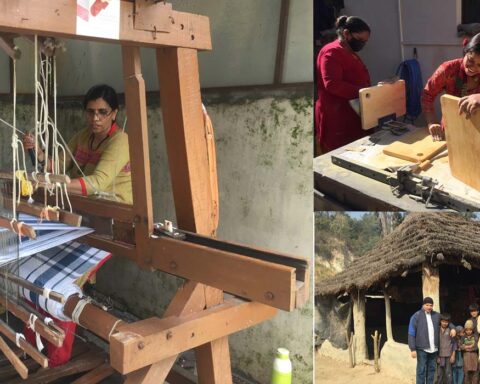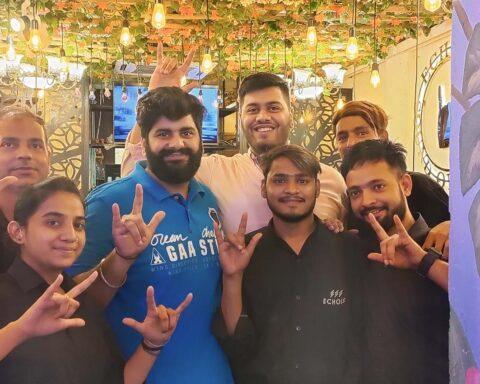In 1965, when the then prime minister, Lal Bahadur Shastri, launched the Green Revolution under the stewardship of noted agriculture scientist M.S. Swaminathan, it amounted to insurance against the devastating famines that had ravaged India since Independence. The success of this revolution ensured that India went from being a food grains-deficient state to being a food-surplus country. Since then, the government’s mandate has ensured that there are sufficient buffer stocks in the warehouses of the Food Corporation of India.
However, despite the tremendous achievements in attaining food self-sufficiency since the start of the Green Revolution, Indian agriculture has remained precariously dependent on the monsoon. Even the slightest deviation from normal rainfall adversely impacts farmers. It has happened this year as well.
As we point out in our deeply researched cover story, based on publicly available data, there has been a sharp decline in the cultivation acreage of paddy, which is the primary kharif crop. Data also indicates that buffer stocks too have fallen sharply to a 10-year low. Adding to farmers’ woes this year were the late-season rains, which destroyed significant amounts of paddy harvest in large parts of north India. Though the food stock situation has not yet turned alarming, the government would be best advised to keep its eye on the ball to prevent India from slipping back into food insecurity.
In this issue we have also turned our gaze to the growing craze of online gaming. Data and information available in the public domain indicate that there has been a perceptible spike in suicides due to financial losses as a result of addiction to online gaming. While the courts have ruled in favour of games of skill, as opposed to betting, which is a game of chance, the risks that online games pose to the mental health of youngsters has not been adequately addressed.
We are also carrying two well-researched reports on the effects of the partial lifting of prohibition in Manipur and the failure of the Delhi Police to prevent the north-east Delhi riots that shook the capital in February 2020, taking 53 lives. Based on the findings of a committee headed by Justice Madan Lokur, a former Supreme Court judge, the report paints an unflattering picture of the capital’s police force.
Hope you find this a thought-provoking issue.
Sumi Gupta
EDITOR-IN-CHIEF

























